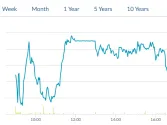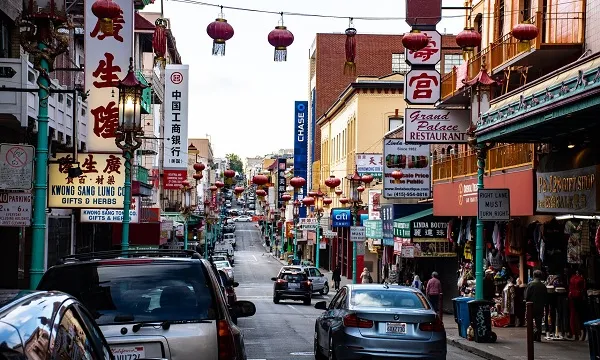
Weekly News Wrap: Luxury buyers turn to China from Hong Kong; Digital payments, a boon for India's groceries
And Thailand will allow retailers to confirm if monkeys were used for coconut harvesting.
From CNBC:
Despite the economic shock of the coronavirus, analysts say China’s demand for luxury goods hasn’t waned much—and it’s drawing top brands from Hong Kong to the mainland.
Bain estimated Chinese consumers accounted for about 35% of $317b (EUR281b) last year in global luxury spending, most of which has typically occurred overseas or in Hong Kong. Now that the coronavirus is keeping most Chinese from traveling, several analysts expect them to buy more luxury products at home.
“All luxury brands are moving in this direction,” Federica Levato, Milan-based partner at Bain, said in a phone interview. “This is accelerated by Covid-19, but it was already happening.”
Read more here.
From Bloomberg:
The coronavirus outbreak may finally accomplish what India’s shock demonetization four years ago failed to achieve: use of digital payments is soaring for everything from groceries, electricity bills and cab fares.
Even as overall digital payments declined during the first weeks of India’s lockdown, when most businesses shut, gains were seen for essential services that continued to operate, like grocery.
The virus has “quickened the pace of digital-payments adoption” even in small cities, and demand is huge from merchants for contactless payments, said Navtej Singh, CEO for digital payments with Hitachi Payment Services. Unlike the days of demonetization, when organized retail got a bigger boost from digital transactions, small grocery shops stand to benefit, he said.
“It just takes three seconds to complete a transaction, it’s hassle-free and every local vendor now has enabled online payments on their phones,” Mumbai entrepreneur Raje said.
Read more here.
From Bloomberg:
Thailand, the world’s top producer of coconut milk, said it will enable retailers and consumers to trace coconuts back to their source to show whether monkeys have been used for harvesting.
The $400m industry, which relies on monkeys at some plantations, is facing possible boycotts in the US, Europe and Australia after the People of the Ethical Treatment of Animals (PETA) alleged that monkeys are being abused for Thai growers and producers. A major Thai producer said it was receiving inquiries from US and Australian retailers on this issue.
Officials from the country’s commerce ministry, animal welfare agency, and representatives from the industry met in Bangkok on Wednesday, and have agreed to create measures that ensure the traceability of Thai coconut products, according to a statement.
Packages will be marked with a code that can be used to track the products back to their source, which will show whether they came from monkey-free plantations.
Read more here.



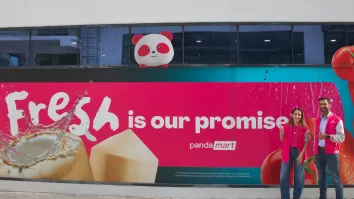

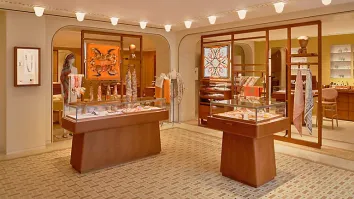



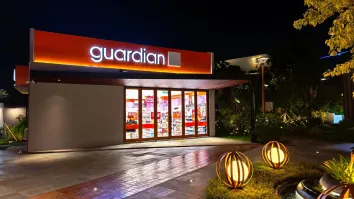
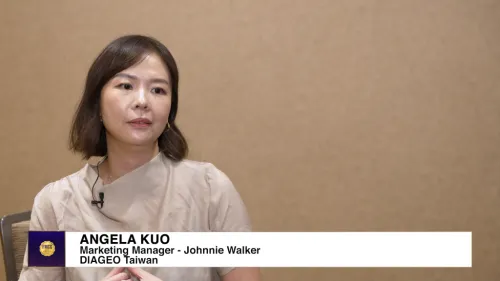

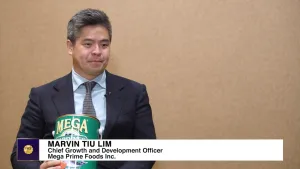



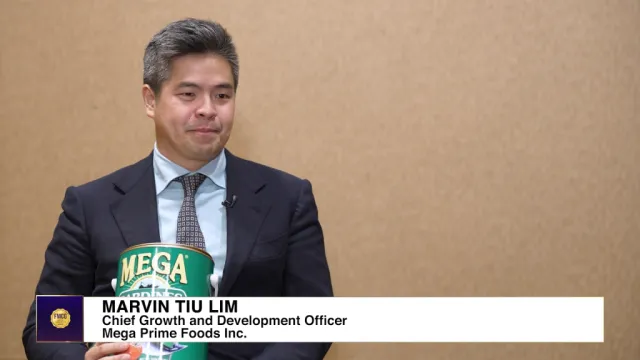
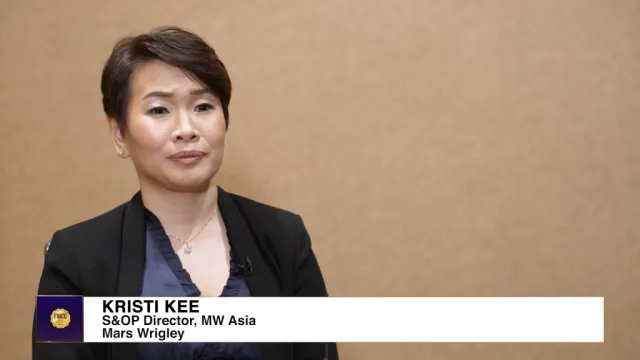

 Advertise
Advertise
